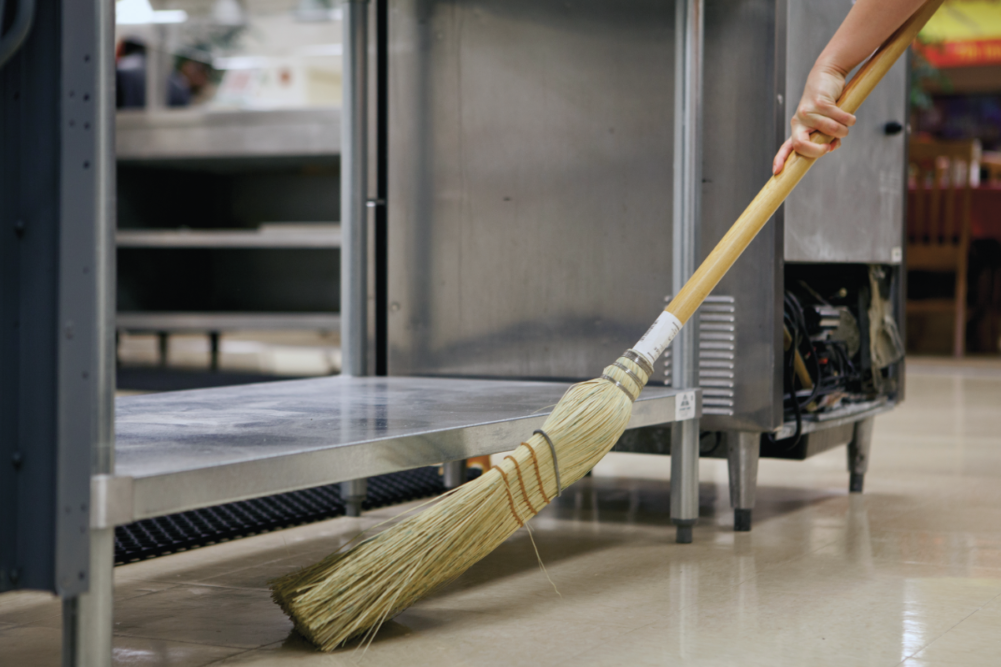With more consumers at home during the coronavirus (COVID-19) pandemic, the demand for dried goods continues to increase. With that, the last thing food processors — particularly those in the grain industry — need is a pest infestation to threaten the safety of their products and tarnish their reputation.
Contaminated goods pose a financial burden for food processing businesses during this uncertain time. Whether in the midst of a public health crisis or not, pests continue to seek food, water and shelter to survive.
Fortunately, one of the easiest and most cost-effective ways to avoid an expensive pest infestation is staff training. Because your employees see and hear things daily, they should not be left out of your pest management efforts. Staff training is an effective way to be proactive about pests, and it can save you money in the long run.
Low cost, high value option
Most pest control providers offer staff training at little to no cost. However, this should not be viewed as a barometer of the value of the training. It is in the best interest of both you and the pest control provider to have well trained staff at your facility. In this training, they can help you identify roles for your staff, provide guidance on how to maintain the facility, share tips on ways to keep pests out of break rooms, locker rooms and much more.
During this unique time, it’s especially beneficial to have staff trained to recognize signs of pest activity. Although pest control is designated an essential service, various health and safety protocols, as well as new business practices, may limit the possibility for a facility to be inspected quickly.
Having a reliable pest control provider who can educate your staff on the most effective pest prevention methods, including how to spot signs of pest introduction before they turn into an infestation, is invaluable. A knowledgeable provider also will teach your staff how to properly document pest sightings and activity — a requirement for food handling businesses when it comes to food safety. Many Certification Program Owners and Certifying Bodies require GMP training, which should include pest-specific training.
Types of training
Onsite training is one of the most effective ways to ensure staff can identify common pest issues at their facility. However, virtual training provides more flexibility for your operations to continue and can be just as beneficial. It doesn’t hurt to ask whether customized training is available as well. After all, each food processing facility is unique.
Your pest management provider’s website is also a helpful resource for free educational materials. Most providers have blogs where they share pest prevention tips and other pest information.
Your account manager is also likely to have leave-behind materials they can share with you to help educate your staff and continue to encourage a proactive approach.
Sanitation program benefits
A rigorous sanitation program is another way to help keep pests out. As a food handling facility, you most likely have a sanitation program in place for food safety already. Highlighting the importance of eliminating pest attractants such as food spillage can help encourage your employees to maintain a clean work environment.
Aside from the production floor, break rooms should be sanitized and disinfected regularly. Any food brought in should be stored in airtight containers, spills or leaks should be cleaned up immediately, and trashcans need to be emptied daily. With fewer opportunities to find food and water, pests will be less inclined to sneak into your business.
Don’t forget about your property’s exterior when it comes to pests. Pests must get into your business from somewhere, so look to your surrounding environment for clues. Encourage your staff to close doors behind them when moving from one area to another to help prevent pests from moving around. Be sure to conduct periodic inspections of your building’s exterior as well and address any issues that might create pest entry points or attract pests to your structure.
Pest management is a team effort, and your pest management provider will be grateful for your employees’ support efforts in keeping pests out. With ongoing practice and clear communication, your business will be on its way to being pest-free in no time.
Judy Black is the vice president of quality assurance and technical services for Rollins, Inc. A board-certified entomologist and PMP Hall of Fame recipient, she has more than 30 years of experience in the pest management field and is an acknowledged leader in the industry. For more information, email [email protected].






